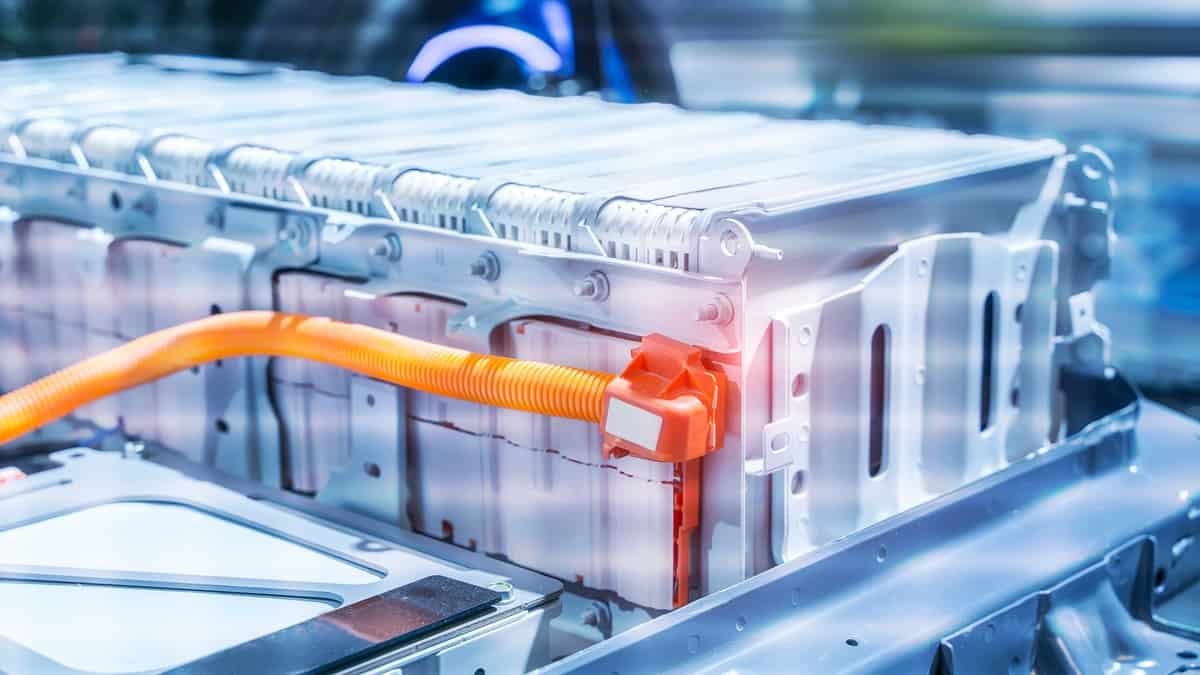Green Lithium previously announced that it has finally secured UK Planning Permission to develop the first-ever European large-scale lithium refinery in the country.
The project is a crucial part of the lithium processing firm’s effort to reach a $5 billion – 10 billion valuation in the following decade.
“The UK and the world need Green Lithium to be a $5 – 10bn company in the next ten years to combat our reliance on international supply chains.”
TechMet CEO Brian Menell
For context, Techmet is basically an industrial firm that oversees primary resources. The company defines itself as a “permanent capital vehicle investing across the whole technology metal value chain.”
Why is this necessary?
Euronews reports that li-ion batteries will power a maximum of 60% of new vehicle sales by the end of the decade.
It further noted that the Tesla Model S‘ li-ion battery pack comprises 12 kg of the metal.
However, most of the automakers and battery manufacturers depend on China for lithium supply. That is unsurprising, given that China currently refines 89% of the lithium globally.
In order to cut its significant reliance on the Asian country, the UK government has finally approved Green Lithium’s proposal to develop a lithium refinery in Teesside. The government’s support will aid the company in supplying automakers in the region with the highly in-demand mineral.
“It’s the growth in battery materials that’s required to power the electric revolution, the fact that we need electric vehicles, the fact that we need grid storage and domestic storage is producing a huge demand in battery chemicals in Europe and we think by 2030 we’re going to need about 800,000 tonnes per annum.”
Green Lithium CEO Sean Sargent
Project details
Green Lithium aims to officially launch operations at the Teesside lithium refinery in 2027.
It expects the plant to generate 50,000 tonnes of battery-grade lithium chemicals per year. This annual capacity can sufficiently support the production of 1 million power batteries for EVs.
The company further noted that the plant will source spodumene from Western Australia. It will process the hard rock mineral at the new plant to extract the lithium. After that, it will refine the mineral for EV battery application.
Green Lithium also assured the industry to reduce the plant’s carbon footprint by 80% from conventional refineries in the region. To do that, it aims to employ low-energy procedures, renewable energy, carbon capture tech, and hydrogen gas.
“So the small price you pay for shipping the material to the UK is completely outweighed by the benefits of the decarbonized process we use in the UK.
So, straight away we start with a huge dividend in carbon reduction, but we’re also producing our chemicals sustainably.”
Green Lithium CEO Sean Sargent
See Also:
- Tesla and other EV makers to source lithium from Exxon
- Ford, Nemaska Lithium form an 11-year partnership for lithium hydroxide supply
- Lithium costs rebounded as electric vehicle demand
- Tesla finally breaks ground at its new Lithium Refinery in Texas
- Global supply shortage looms for EV Demand, lithium producers forecast
Green Lithium’s Teesside project can substantially advance the UK’s position as a major player in the EV battery industry.
As of now, the company already raised £13 million of funding. It continues to seek additional capital by encouraging retail investors to support the project.

